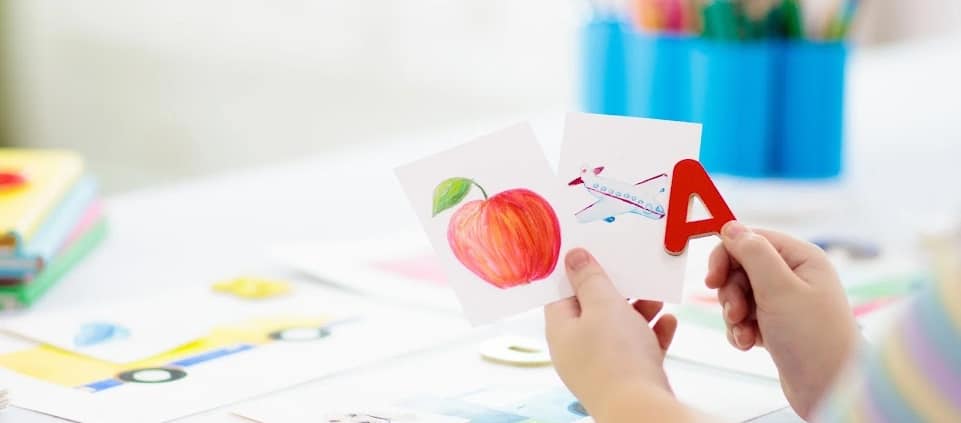Sight reading is a crucial skill at all levels. It allows you to read and play a piece of music at first glance, enhancing your ability to learn new pieces quickly and perform confidently. Whether you’re a beginner or an advanced musician, working with a Vancouver tutor can significantly improve your sight-reading skills. Here’s how professional guidance and practice can help you become a more proficient sight reader.
1. Develop a Strong Foundation in Music Theory
A solid understanding of music theory is essential for effective sight reading in Vancouver tutors can help you:
- Learn to recognize key signatures, time signatures, and note values quickly, making it easier to interpret music as you read.
- Understanding musical structures, scales, and chords can help one anticipate what will happen next in a piece.
- Build a solid foundation in rhythm reading, a critical component of sight reading.
2. Start with Simple Pieces
Progressing gradually is key to building sight-reading skills. Tutors in Vancouver will:
- Introduce simple pieces at the beginning to build your confidence and develop your skills in recognizing notes and rhythms quickly.
- Gradually increase the complexity of the pieces as you improve, ensuring you’re constantly challenged without feeling overwhelmed.
- Focus on pieces that align with your current playing level to make the process enjoyable and motivating.
3. Practice Rhythm Exercises
Rhythm is often the most challenging aspect of sight reading. To address this, Vancouver tutors will:
- Provide rhythm exercises that help you count and keep time accurately, building a strong sense of timing.
- Encourage you to practice clapping out rhythms before playing the notes, allowing you to internalize the rhythm before adding the melody.
- Work with you on different time signatures and tempo changes to build flexibility and adaptability when encountering new pieces.
4. Improve Your Note Recognition Skills
Quick and accurate note recognition is essential for sight reading. Tutors can assist you by:
- Teaching techniques like interval recognition, where you learn to identify the distance between notes instead of reading each note individually.
- Incorporating flashcards, apps, and interactive games to improve your note-reading and writing Vancouver speed and accuracy.
- Practicing sight reading regularly with a variety of music styles to expand your ability to recognize notes in different contexts.
5. Practice Hands Separately Before Combining
When learning a new piece, it can be helpful to practice each hand separately before playing with both hands. Vancouver tutors will:
- Guide you through reading and playing the right hand’s melody first, focusing on notes and rhythm.
- Work on the left hand’s accompaniment or bass line separately to ensure accuracy.
- Gradually bring both hands together once you’re comfortable, ensuring a smooth and coordinated performance.
6. Learn to Scan the Music Before Playing
Developing the habit of scanning the music before playing is a valuable skill. Tutors encourage:
- Take a few moments to look over the piece, noting the key signature, time signature, and any challenging rhythms or accidentals.
- Spotting repeating patterns, dynamic markings, and tempo changes that will help you anticipate what’s coming as you play.
- Mentally visualizing or singing the piece before playing to develop a stronger connection between reading and performing.
7. Set Aside Regular Sight-Reading Practice Time
Consistent practice is key to improvement. Vancouver tutors recommend:
- Setting aside a dedicated time each day to focus specifically on sight reading, making it a routine part of your practice schedule.
- Practicing with a variety of music genres, from classical to pop, expands your sight-reading experience.
- Tracking your progress and celebrating small victories to stay motivated and recognize improvement over time.
8. Use a Metronome to Build Timing Accuracy
A metronome is an essential tool for sight reading. Vancouver tutors use it to:
- Help you maintain a steady tempo, ensuring that you’re keeping time accurately even with difficult rhythms.
- Encourage you to start slowly and gradually increase the tempo as you gain confidence with the piece.
- Improve your ability to stay on track, even when encountering challenging passages.
9. Focus on Playing Through Mistakes
Sight reading is not about perfection but about maintaining a steady flow. Tutors encourage:
- Avoiding the temptation to stop and correct mistakes, as this can disrupt the rhythm and overall performance.
- Continuing to play through the piece, even when errors occur, to develop resilience and the ability to recover quickly.
- Practicing mindfulness techniques to stay focused and keep going, building confidence in handling difficult situations during live performances.
10. Engage in Group Sight Reading Sessions
Group practice can be beneficial for sight-reading development. Vancouver tutors often:
- Organize group sight-reading sessions where students play together, improving their ability to follow along in ensemble settings.
- Create opportunities for peer feedback, where students can learn from each other’s experiences and insights.
- Provide a supportive and collaborative environment where students can gain confidence in their sight-reading abilities while enjoying the process.
If you’re ready to improve your sight-reading skills and gain confidence in your musical abilities, personalized lessons, expert strategies, and a supportive approach, empower students to read and perform music with ease. Contact Tutoring Vancouver – Mrs Sam to guide you toward sight-reading success.









